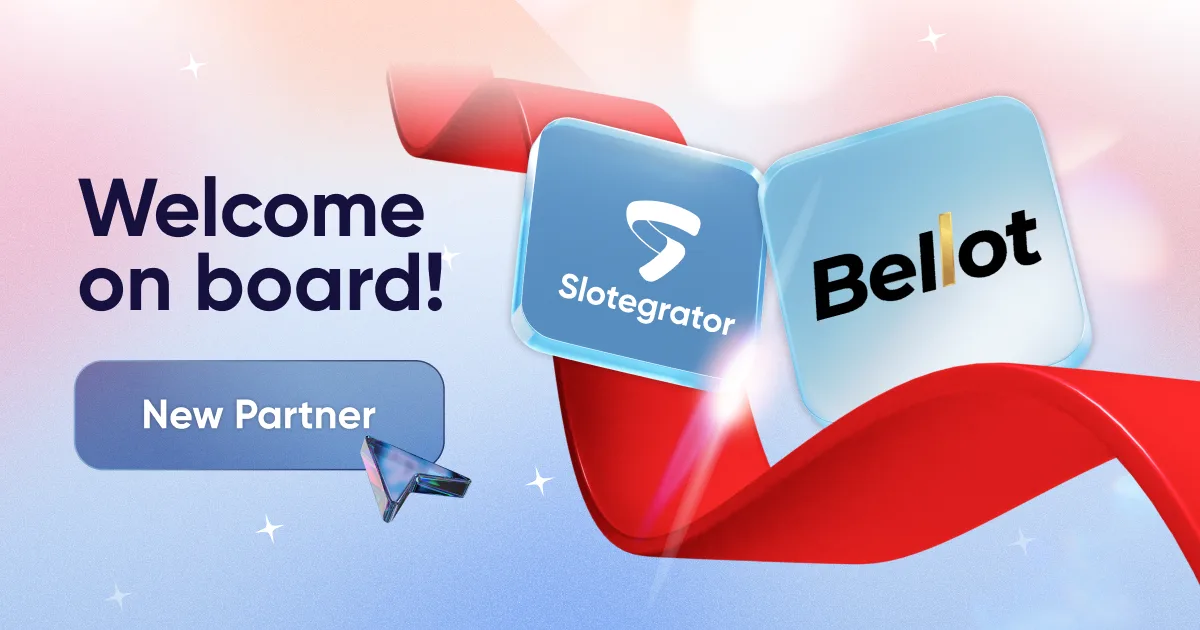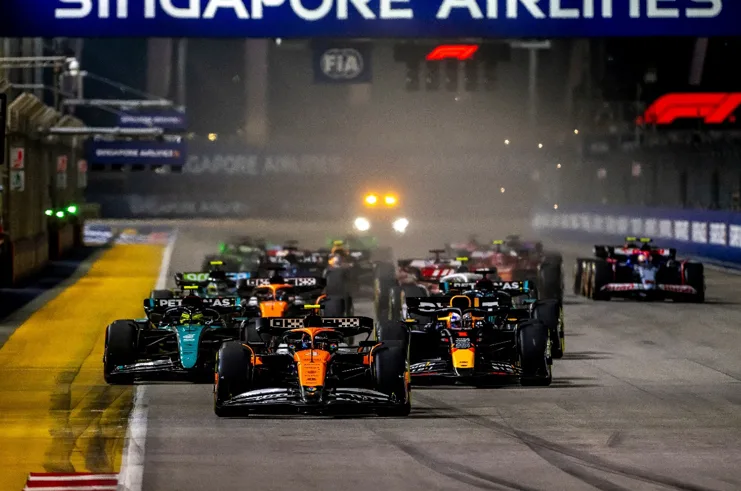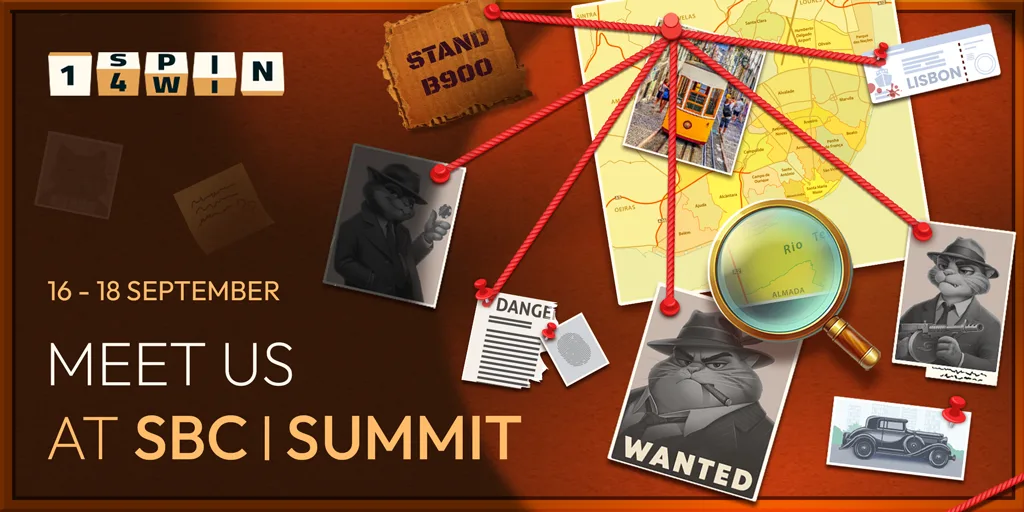Michael Wolfe is an analytics person who constructs mathematical models that measure marketing and advertising effectiveness in lotteries. Michael’s biggest client is the state lottery, for which he has contributed about 500 million dollars in revenue. The GBC Time team reached out to Michael Wolfe, and he shared the latest trends in the lottery industry on the example of the US market.
What was the impact of COVID on the lotteries, and how did this sector manage to adjust to a new reality?
The past year was rather tough, so here in the US and many places worldwide, people faced lockdowns as a reaction to the COVID pandemic. The start of those new measures adversely affected lotteries. However, when the states opened their economies and returned to a quite normal life, lottery sales accelerated. The main reason was a partial reopening: many other entertainments like cinemas and casinos were closed to hosting clients, so people just bought more lottery tickets.
How did the lotteries change in the US during the last decades? What were the most impactful elements in this regard?
The primary element that changed in the past years is how lottery tickets are sold. Traditionally, they are sold in retail stores like supermarkets, small convenience stores, or gas stations. However, selling tickets via the internet is widely welcomed and grew significantly in the past years.
Interestingly, this digitization trend also brought the popularity of instant lotteries, which earlier were called scratch-cards. While traditional lotteries with a draw on TV or radio bring bigger jackpots, those who buy instant lotteries win more often, which causes greater participation and so more clients.
What are the major problems of the US lottery system?
The major drawback relates to the management of the lotteries across the majority of the US states. The governmentally-owned lotteries are not always managed well, but only a few states redirected management to private enterprises. I think that is the problem: by delegating the managing power to private companies, the states still benefit from the lotteries, while the latter become more effective and profitable.
What is more, politicians can harm the process on diverse stages. For instance, when I was doing work for the state of Georgia, it decided to resolve budget problems by imposing higher commission payments, which is a totally wrong approach. As for me, the influence of governors and politicians often is a bigger obstacle than finding a unique marketing solution. Interestingly, the latter aspect is also treated wrong by officials, who think that marketing and advertising are a waste of money.
What marketing tips can help to boost lotteries? Is suggesting a lot of winners with lower prizes instead of only jackpot the right approach? Does an operator have to offer a huge diversity of small instant digital lotteries to attract more clients?
There are two strategies that lotteries follow. One is to manage that lottery drawing jackpot winners are few and jackpot winnings are very large. The other strategy is to enable a larger number of jackpot winners, but the average jackpot value is small. This latter strategy generates a larger number of total jackpot winners. Besides, the latter strategy tends to generate more sales than the former.
If talking about digital instant lotteries, their diversity is constantly growing. A lot of them are related to the sponsorship of some organizations or just dedicated to some character. This approach brings some interesting excitement to the playing process and facilitates buying these kinds of instant tickets. In the US, instant lotteries were growing much faster than traditional draw ones during the last years, not least thanks to an increasing variety of such games.
How can you describe the role of software in the sector? How did it change in the last couple of years?
Electronic sales systems are gaining momentum as they allow receiving more information faster. Most lotteries aren’t terribly analytical. Coming of the new technologies is not only about easing the difficulties related to accounting. At the same time, I’m not sure that new software accelerates sales, while it definitely helps in processing the information and dealing with statistics. If to return to the question about problems with the US lotteries, state-owned lotteries can be all about paper tickets, which makes scalable analytics impossible to apply.
In the end, please, share your thoughts about the other markets. For instance, do Britons have a different mindset concerning participation in lotteries compared to Americans? What will be better for the UK: to stay with Camelot or try a new operator?
I think people in the UK have a higher propensity to gambling in general, and this possibly forces them to have more than one lottery while it looks financially approved. I don’t think it can occur in the US, where the PowerBalls and MegaMillions are the dominant lotteries across the states.
What relates to Camelot and their possible replacement, it’s hard to say. I can doubt that a new lottery is a right step as they know the market from the inside. However, the fact that Camelot is so long in the UK makes it difficult to keep them out by default.
What are the major differences between US and Chinese lotteries? Why are diverse forecasts for the American market a bit more negative compared to the Chinese one?
One has to understand two things that make a difference between two markets. The first one is that Chinese lotteries include not only traditional entertainment with charitable functions (revenues go to education and things alike) but also sports lottery. If the US includes this kind of gambling into the lotteries sector, it will accelerate the growth and positive forecasts a lot.
However, different legislative decisions aren’t the only reason why predictions can vary. Of course, the population is the thing that gives a lot of advantages for the Chinese lotteries right now.
Read more: Top Canadian Betting Platforms












